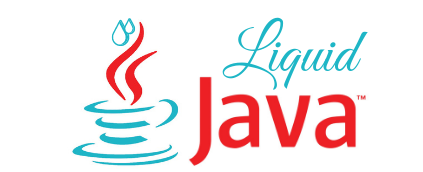Project developed at

Extending Java with
Liquid Types
Extend your Java code with Refinement Types and catch more bugs!
LiquidJava implements an additional type system with Refinement Types on top of Java.
It allows developers to express better restrictions on the code and discover more bugs before executing the program.
Learn more about LiquidJava!
Papers:
Usability-Oriented Design of Liquid Types for Java, by Catarina Gamboa, Paulo Canelas, Christopher Timperley and Alcides Fonseca, ICSE 2023
Posters:
Usability-Oriented Design of Liquid Types for Java, by Catarina Gamboa, Paulo Canelas, Christopher Timperley and Alcides Fonseca, ICSE digital poster session.
LiquidJava: Adding Lightweight Verification to Java, by Catarina Gamboa, Paulo Canelas, Christopher Timperley and Alcides Fonseca, INForum 2021 - Informatics Symposium, Lisbon, Portugal. Award for Best Student Poster.
Github Repos:
liquidjava - main repository with api, verifier and examples.
liquidjava-examples - usage examples
liquid-java-external-libs - annotations in Java standard libraries
vscode-liquidjava - vscode extension for liquidjava using LSP
